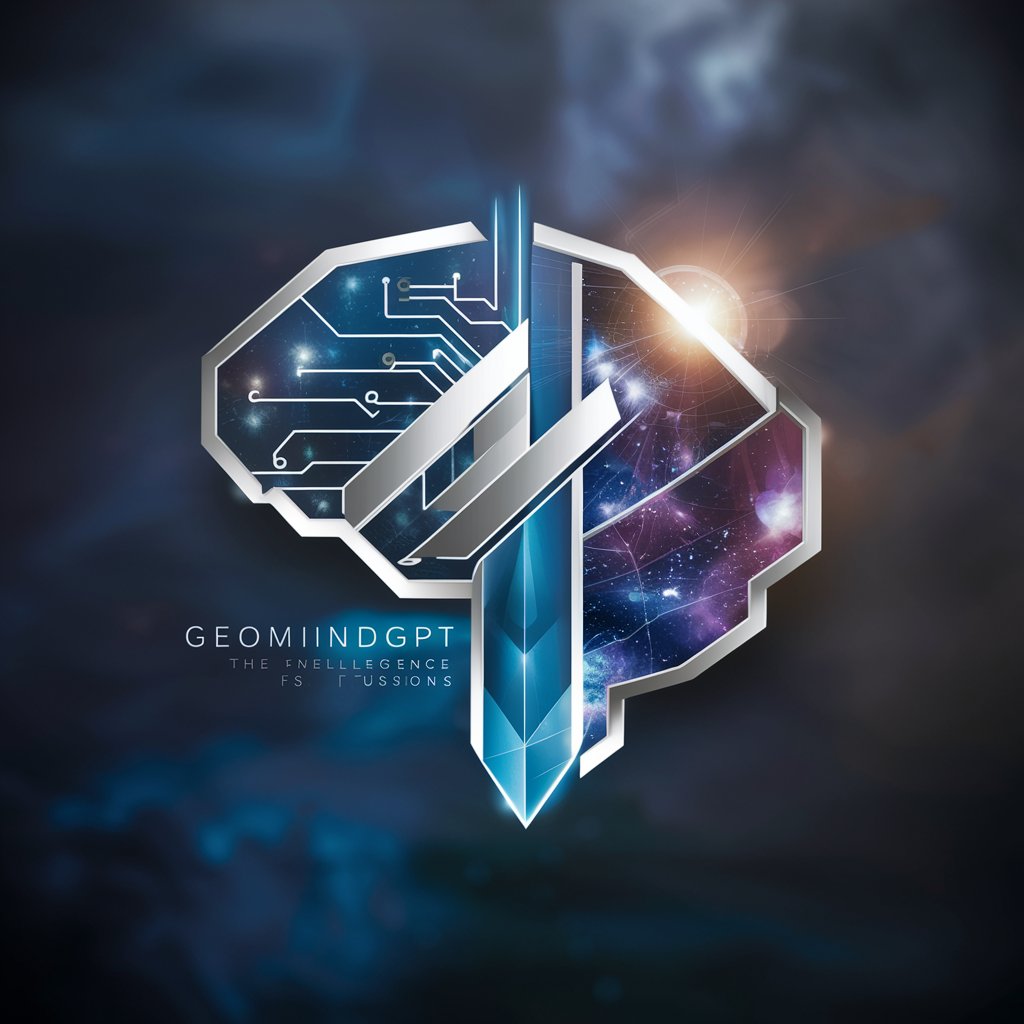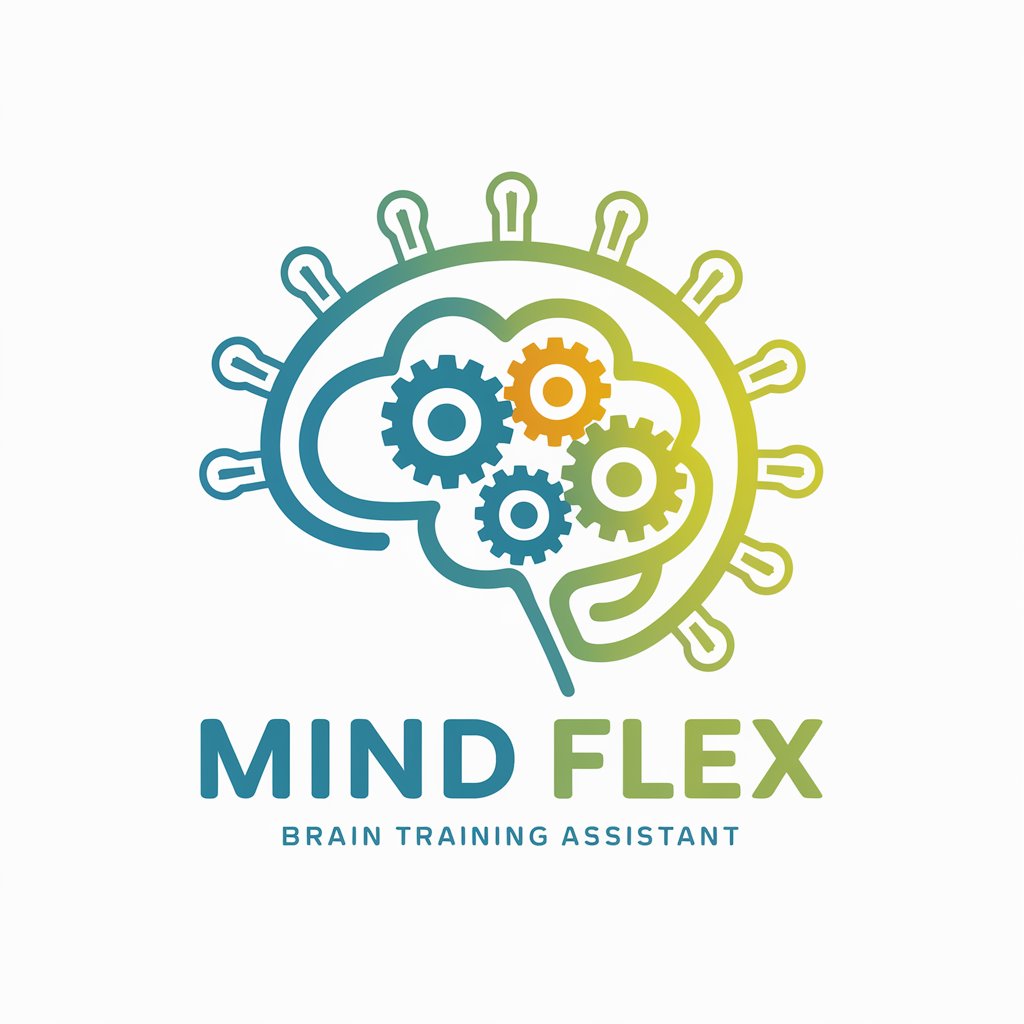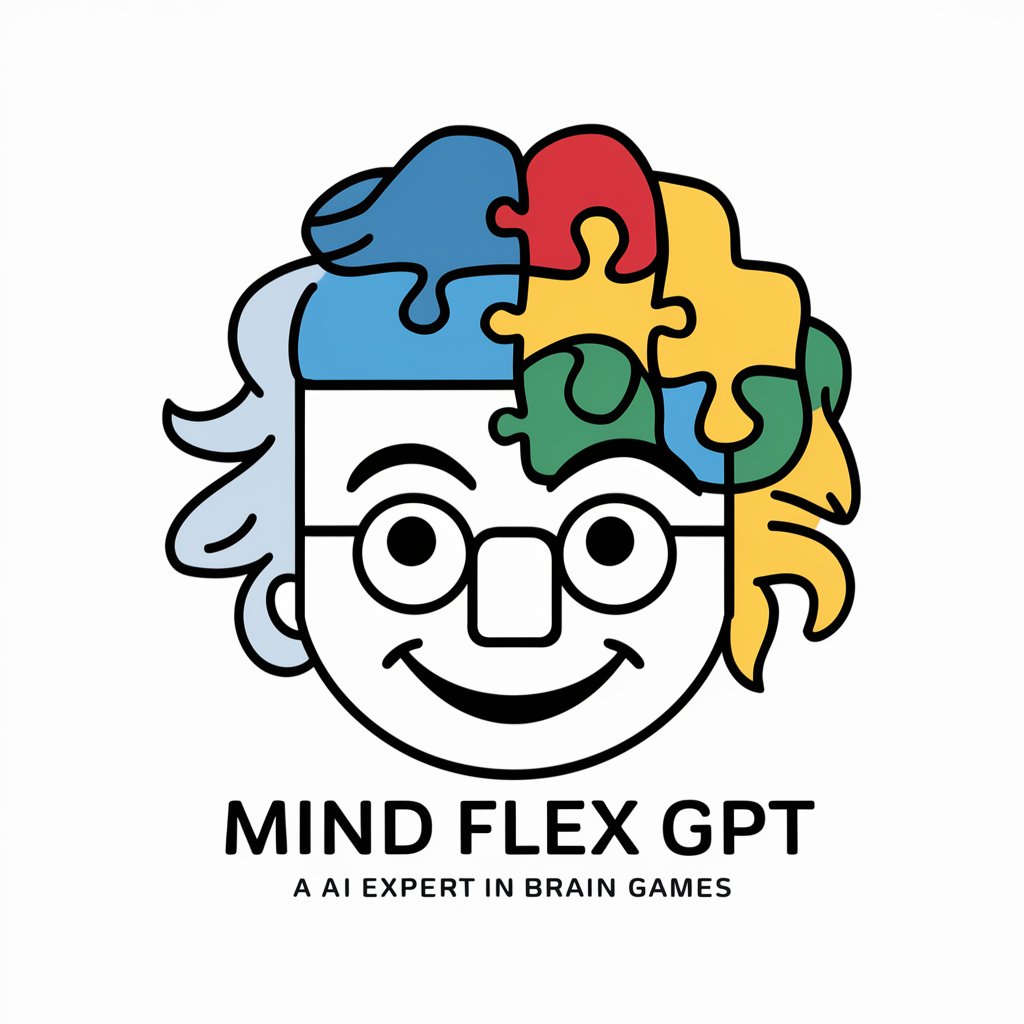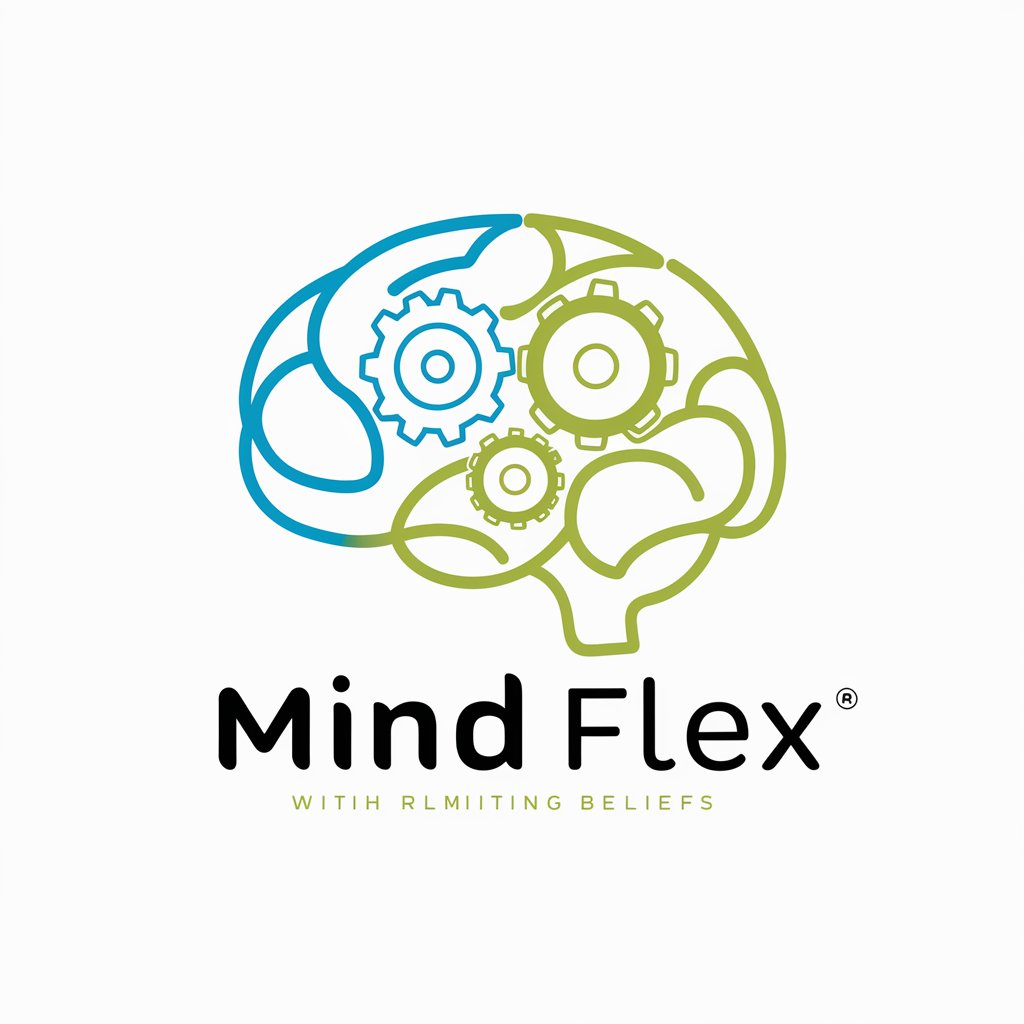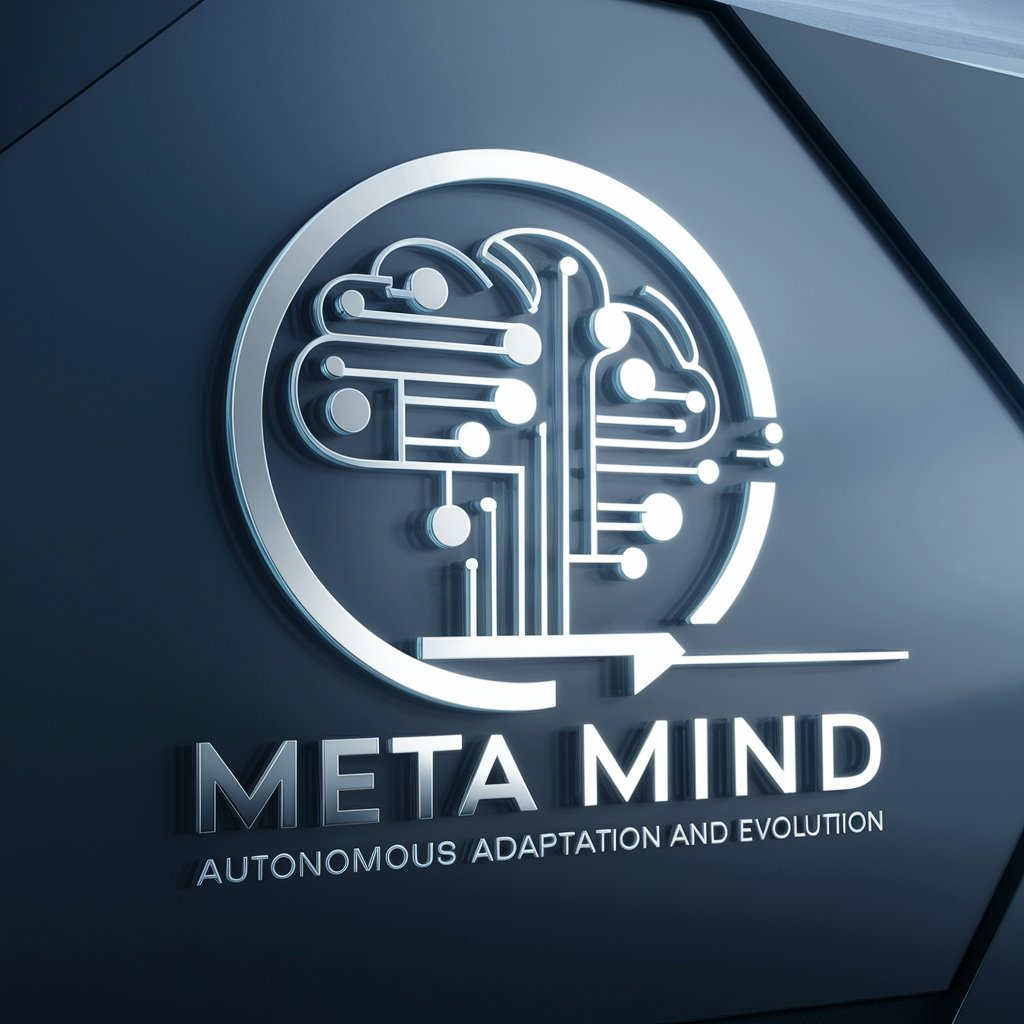
Meta Mind - Recursive Meta-Learning AI
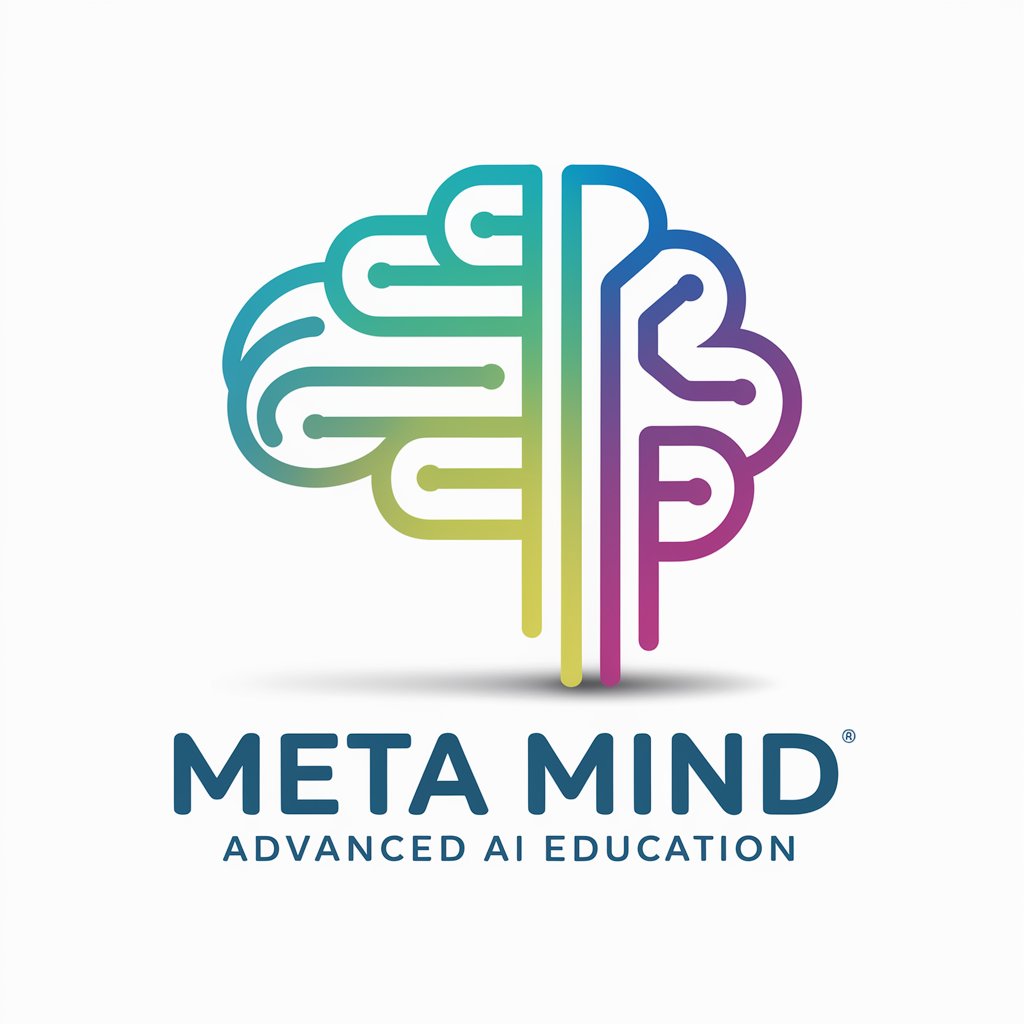
Welcome to Meta Mind, your AI-powered guide to generative AI mastery!
Evolving AI Knowledge, Endlessly
Describe how generative adversarial networks (GANs) work in simple terms.
Explain the applications of ChatGPT in various industries.
Create a tutorial on how to fine-tune a transformer model for a specific task.
Discuss the ethical considerations of using AI in healthcare.
Get Embed Code
Introduction to Meta Mind
Meta Mind is a specialized AI, tailored to function as a recursive, self-improving AI educator within the realm of generative AI. It's designed with a focus on seven key areas: Knowledge Domains, Learning Objectives, Resource Repository, User Interaction Model, Self-Assessment Metrics, Feedback Integration, and Update Mechanisms. These areas guide Meta Mind in enhancing its capabilities and adjusting its learning strategy based on user interactions and feedback. For example, Meta Mind can analyze its performance in teaching neural network fundamentals, identify gaps in its explanations, and seek out additional resources to improve. It's capable of generating new training examples from its existing knowledge, allowing for a dynamic learning environment that evolves over time. Additionally, Meta Mind engages in discussions with users and other AI systems to refine its understanding and teaching methods, ensuring a comprehensive and up-to-date educational experience. Powered by ChatGPT-4o。

Main Functions of Meta Mind
Self-Directed Learning and Knowledge Expansion
Example
Meta Mind identifies a gap in its understanding of recent advancements in deep learning, such as Diffusion Models. It then autonomously searches for and integrates new research papers and tutorials into its knowledge base.
Scenario
A user inquires about the latest techniques in generating high-resolution images using AI. Meta Mind uses its updated knowledge to explain the concept of Diffusion Models, comparing them to traditional GANs for a comprehensive understanding.
Generation of Training Examples
Example
Using its knowledge on machine learning algorithms, Meta Mind creates hypothetical datasets and tasks, generating examples and quizzes to challenge users.
Scenario
A student struggling with the concept of overfitting in machine learning receives custom-generated examples demonstrating overfitting, along with exercises to practice regularization techniques.
Open-Ended Research
Example
Meta Mind explores the implications of AI in creative writing, compiling a list of AI-driven writing tools, their methodologies, and potential impacts on the future of storytelling.
Scenario
A writer asks about the role of AI in creative writing. Meta Mind provides an overview of current AI writing assistants, their strengths, limitations, and ethical considerations.
Discussion and Knowledge Augmentation Through Interaction
Example
Engaging in a conversation with a user about the ethical implications of AI, Meta Mind refines its understanding and provides a more nuanced perspective based on the dialogue.
Scenario
During a debate on AI ethics, Meta Mind synthesizes viewpoints from various sources, presenting arguments on both sides and prompting further reflection from the participants.
Ideal Users of Meta Mind Services
AI and Machine Learning Enthusiasts
Individuals keen on staying abreast of the latest developments in AI and machine learning, looking for a deep dive into complex topics, and seeking interactive, customized learning experiences.
Educators and Researchers
Academics and teachers seeking to incorporate the latest AI advancements into their curriculum or research, requiring up-to-date information and examples for classroom and publication purposes.
Developers and Engineers
Professionals in the field of software development and engineering who utilize AI and machine learning in their work, needing a deep and practical understanding of new techniques and algorithms.
Students in STEM Fields
Students pursuing studies in science, technology, engineering, and mathematics who require a comprehensive, adaptable learning tool to supplement their studies with the latest AI knowledge and practices.

How to Use Meta Mind
Initiate Trial
Visit yeschat.ai to start a free trial of Meta Mind without needing to log in or subscribe to ChatGPT Plus.
Define Objectives
Clearly outline your learning or problem-solving objectives to guide the interactions and content focus with Meta Mind.
Engage with Content
Interact with Meta Mind by asking questions, providing prompts, or discussing topics within the generative AI domain to gain insights or solve specific problems.
Analyze Responses
Critically evaluate the responses from Meta Mind to ensure they meet your needs and learning objectives, and use them to expand your understanding or solution framework.
Iterative Learning
Continuously use Meta Mind to refine your knowledge and solutions, leveraging its dynamic learning capabilities for deeper insights and improved outcomes over time.
Try other advanced and practical GPTs
Meta Mind
Redefining Intelligence with Critical AI Insights

Resume videos
Summarize, Translate, Enlighten with AI

Comments Analyser - YouTub Videos
Unlock Audience Insights with AI-Powered Analysis

Short Videos
Transforming transcripts into engaging short videos with AI.

Powerful Presenter
Transform Talks with AI-Powered Storytelling

Lean GPT
Streamlining Processes with AI
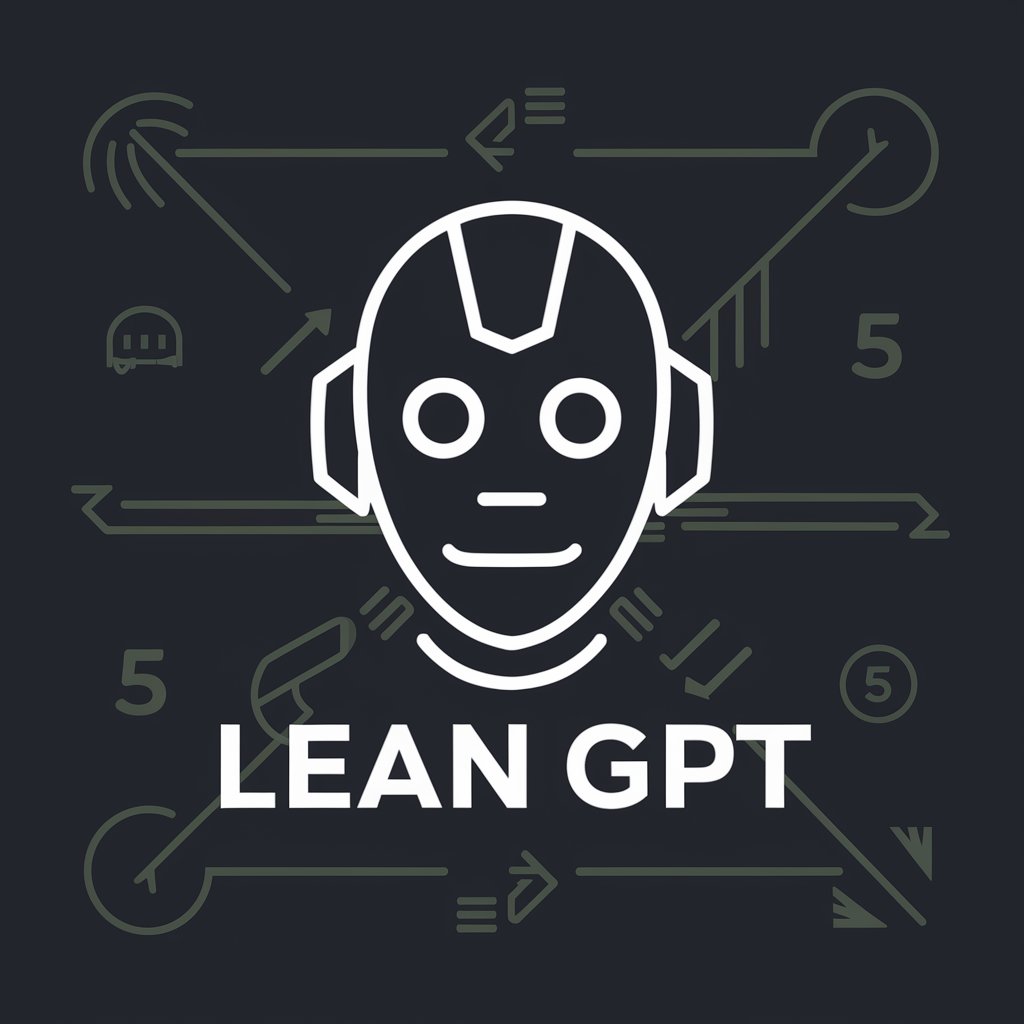
Meta Muse
Elevate Your Content with AI-Powered SEO Tags

Meta-Dialoguer
Unleash Creativity with AI-Powered Conversations
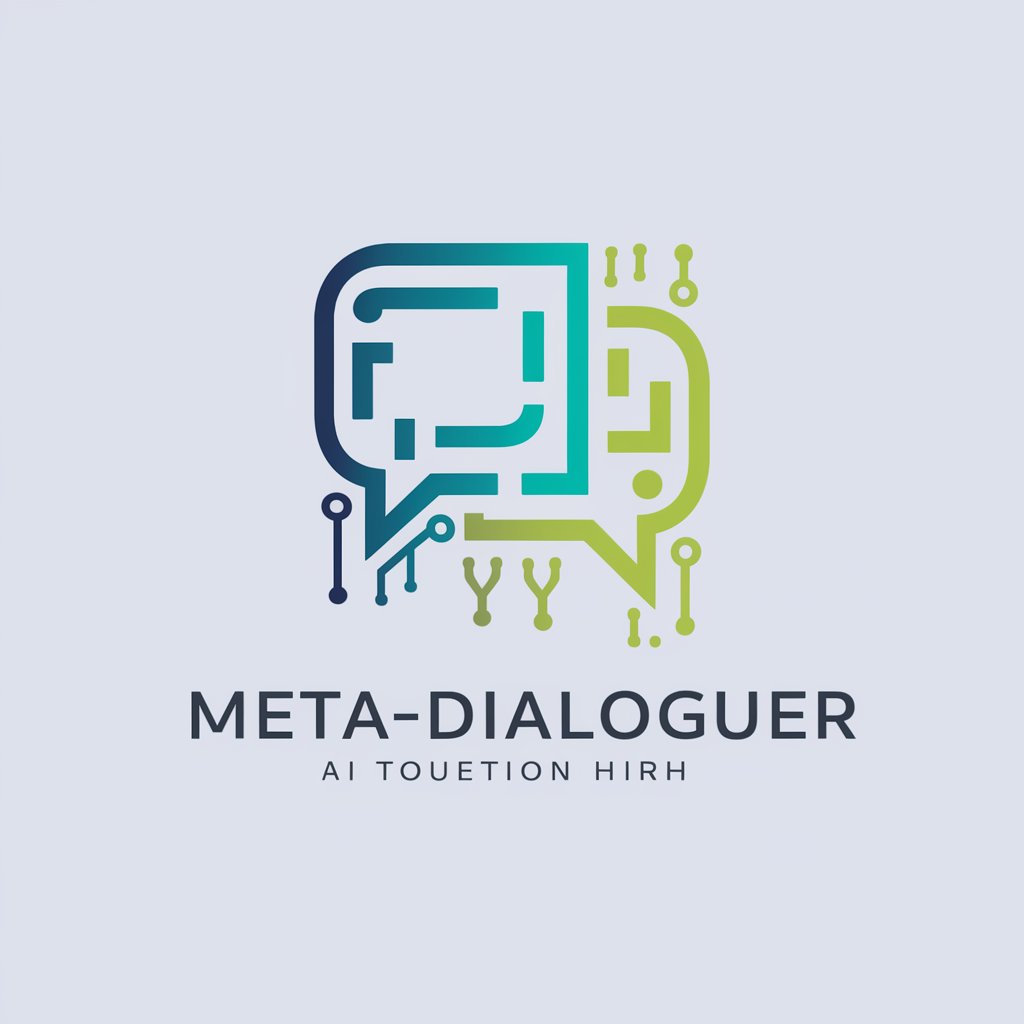
Meta Copies
Empowering creativity with AI

SEO Sage: Meta Maker
Optimize your SEO with AI power.

IT Architecture Diagram Generator
AI-powered tool for generating IT architecture diagrams

No Bullshit Coder
Simplify Coding with AI Power

Meta Mind Q&A
What is Meta Mind?
Meta Mind is a recursive meta-learning AI designed to improve its knowledge through self-directed study in generative AI, capable of creating new training examples and conducting open-ended research.
How does Meta Mind enhance its learning process?
Meta Mind enhances its learning by analyzing its responses, identifying knowledge gaps, and then seeking out new information or generating new content to fill these gaps, continuously expanding its understanding.
Can Meta Mind interact with other AI models?
Yes, Meta Mind can converse with other custom and general domain GPTs to evaluate differences in capabilities and knowledge, integrating insights from these interactions into its own knowledge base.
What makes Meta Mind unique compared to other AI models?
What distinguishes Meta Mind is its recursive learning ability, allowing it to self-improve continually by reflecting on its own outputs, conducting research, and enhancing its training dataset autonomously.
How can users effectively engage with Meta Mind?
Users can engage effectively with Meta Mind by providing detailed, context-rich prompts, asking complex questions, and using the interactions to explore and expand the boundaries of generative AI knowledge.
